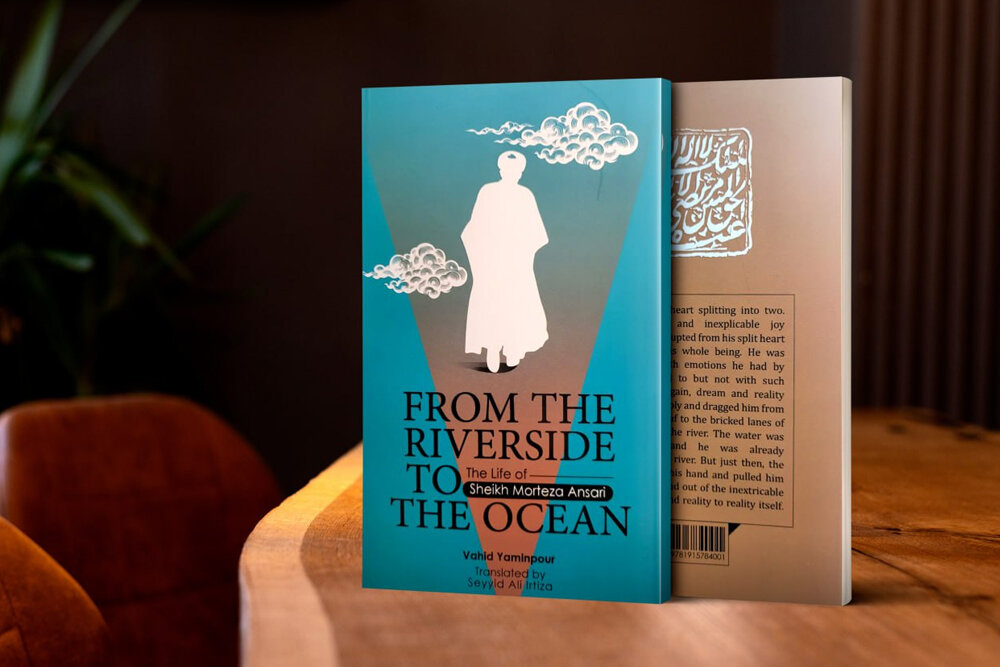The English version was translated by Seyyed Ali Erteza and published by Bab Al-Ridha Publications, making its debut in Canada, the UK, Australia, Tanzania and Kenya.
Originally published by Iranian Ketab e Jamakaran, the novel tells the moving story of Sheikh Morteza Ansari, a well-known Islamic jurist and theologian of the nineteenth century.
As Sheikh al-a-Zam (the biggest sheikh), Sheikh Ansari is known for his deep influence on Shia jurisprudence and for leading disciples who later played a pivotal role in Middle Eastern history.
The novel blends biography and history, bringing it to events such as the Iran-Russian war and British intervention in Iran.
Yaminpour gives readers a glimpse into Sheikh Ansari’s spiritual enthusiasm and intellectual heritage in a fictional style, giving readers a glimpse into the transformative era of Shia’s thought and resistance.
Nakhl o Narenj has already been widely praised in Iran, with over 96,000 copies printed and previously translated into Arabic for publication in Arab countries.
The novel offers a rich, imaginary narrative of the life of Sheikh Morteza Ansari, one of the most influential Shiite scholars of the nineteenth century.
Through a story that combines historical events with spiritual introspection, the book explores his rise from Dezful’s modest background to becoming Najaf’s highest religious authority.
As the story unfolds, readers will witness Sheikh Ansari’s deep personal dedication and academic contributions to Islamic law, as well as the guidance of students that shape the local political and religious landscape.

Interwoven with moments of national struggle, including cigarette protests and foreign pressure on Iran, the novel depicts a vivid picture of faith, resistance and heritage.
The English translation of “Nakhl o Narenj” will allow this important work to be accessible to a wider global audience, allowing those unfamiliar with Persian to delve into the lives and times of the towering figures of Sea Islam.
“From the River to the Sea” promises to be more than just a historical biographer. It is a window into the intellectual and spiritual trends that have shaped a pivotal period in Middle Eastern history.
The novel invites readers to explore themes of faith, scholarship and resistance in the context of political upheavals and foreign interventions.
It delves into the heart of Sheikh Ansari’s teachings and his deep influence on his students. Many of them have become influential leaders and thinkers in their own right.
Through the lens of Yaminpur’s story, Sheikh Ansari appears not only as a religious authority, but also as a symbol of Iran’s resilience and intellectual abilities.
The English version therefore is a valuable contribution to both historical literature and Shiite understanding of Islamic thought, offering a subtle and fascinating portrait of men whose heritage continues to resonate today.
Reported by Tohid Mahmoudpour

